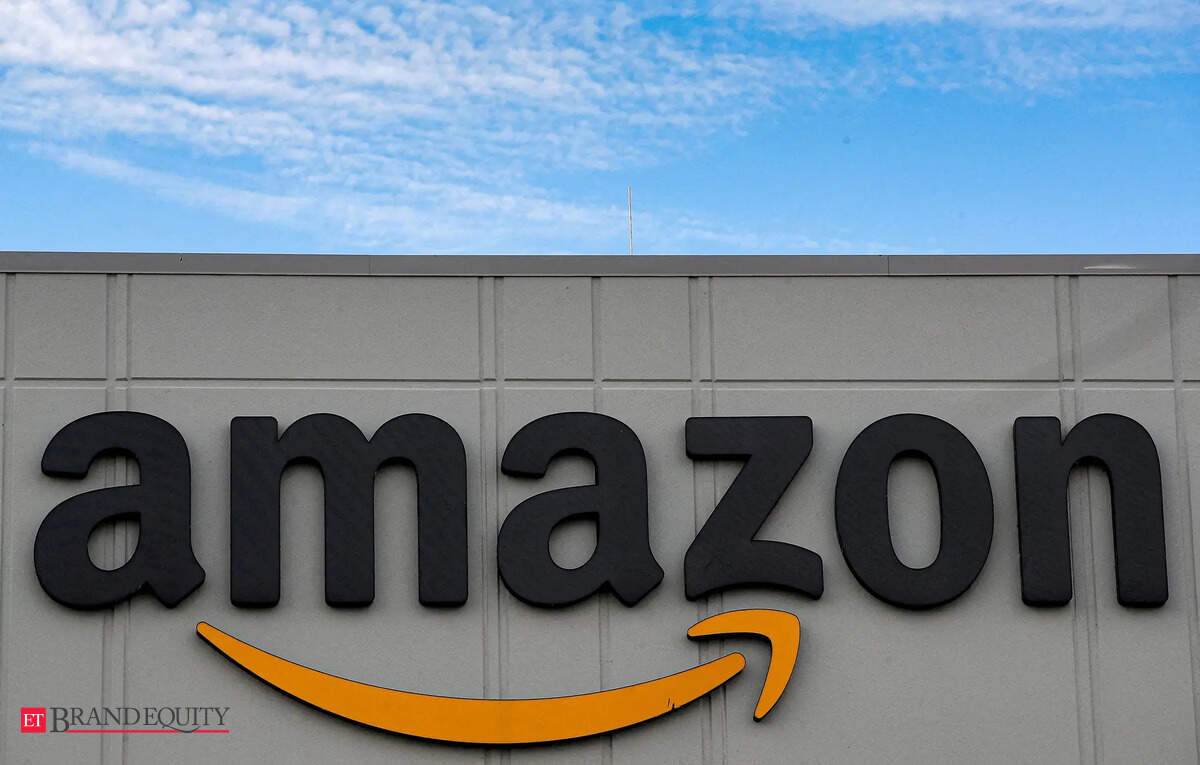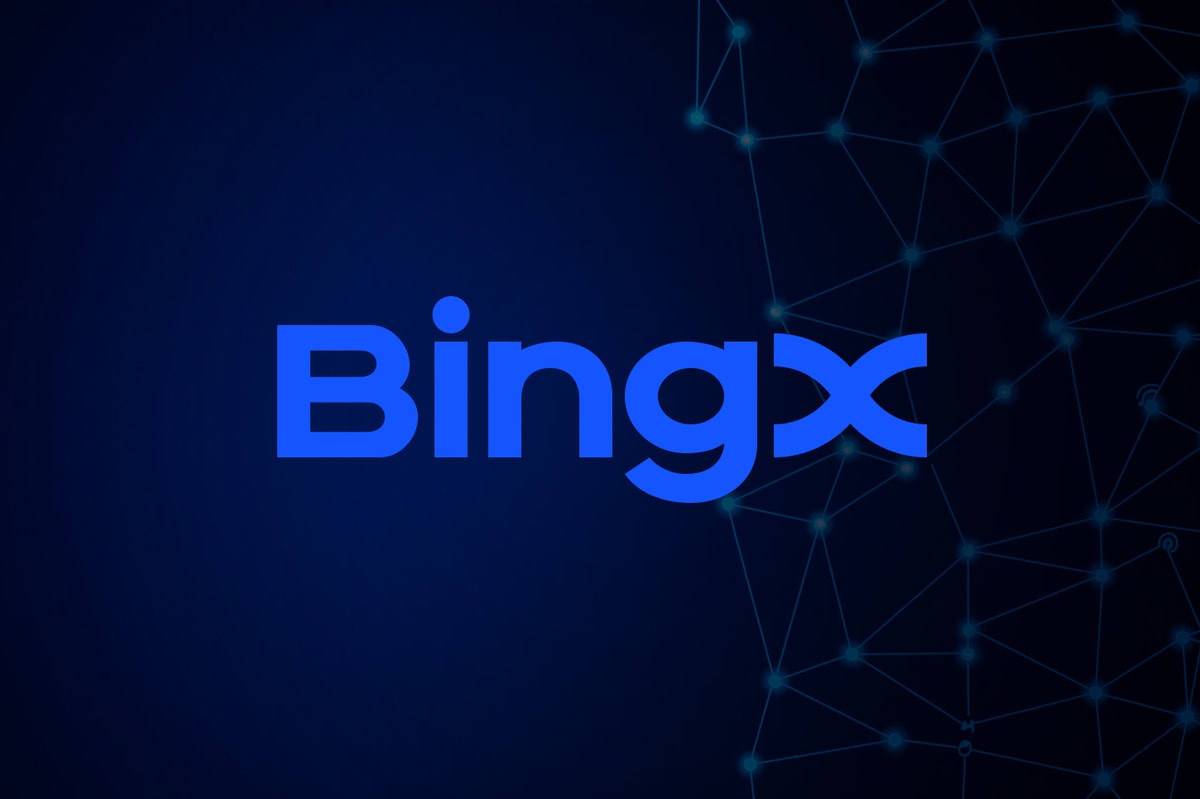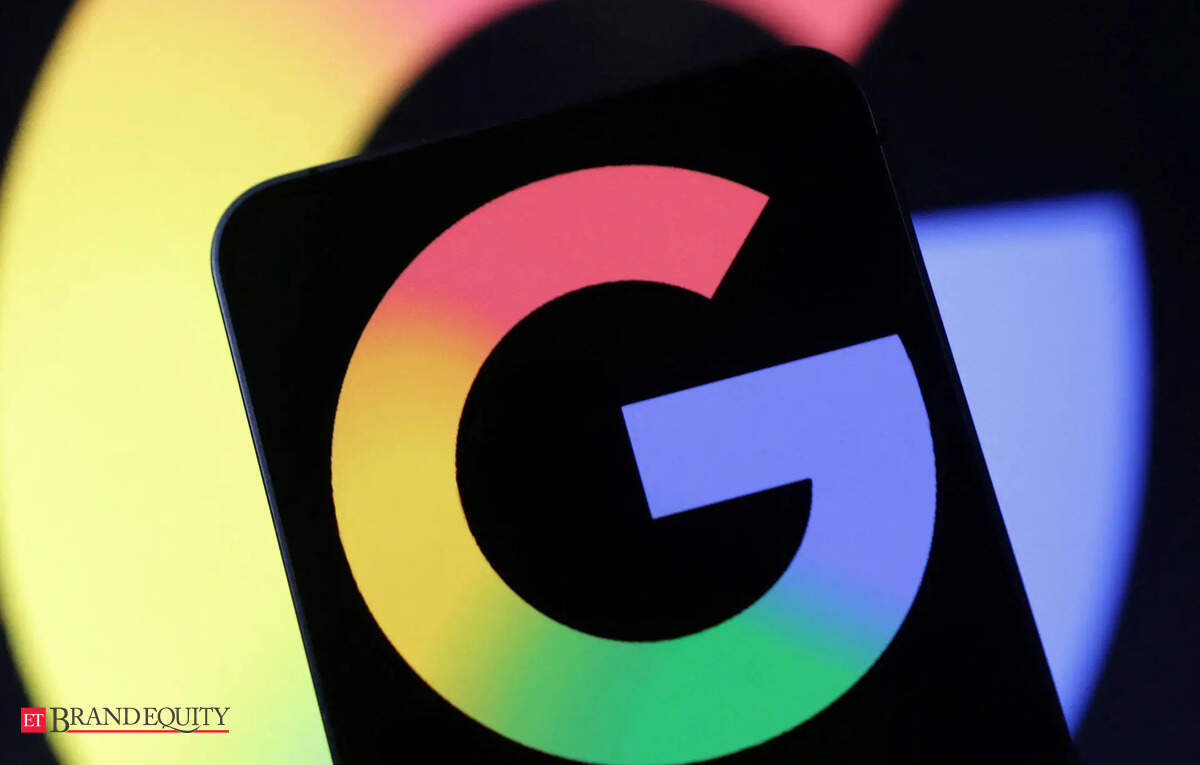Google Chrome's Browser Chief Testifies in Antitrust Trial

According to Bloomberg, Google argues that its Chrome web browser is uniquely positioned due to its deep integration with other Google services, making it difficult for another company to replicate its functionality. Parisa Tabriz, the general manager of Chrome, testified in the Justice Department’s antitrust case that Chrome's features, such as safe browsing and password breach notifications, rely on shared Google infrastructure. She stated that disentangling Chrome from Google's ecosystem would be “unprecedented” and that it couldn't be easily recreated.
The Justice Department is pushing for Google to be forced to sell Chrome and share data used to create search results. They also seek to ban Google from paying for search engine defaults, a ban that would extend to Google’s AI products like Gemini. Google's Chrome is the world’s most popular browser, holding an estimated 66% of the global market share as of March, and is built on the open-source Chromium Project.
Despite Google's claims, James Mickens, a computer science expert for the Justice Department, argued that transferring ownership of Chrome to another company is technically feasible without significantly disrupting its functionality. Mickens pointed out that even without Chrome, Google would still be motivated to contribute to Chromium, which underlies both Chrome and rival browsers, to ensure web pages load properly on Android devices. He noted that Google has strong incentives to maintain Chromium's source code.
However, Tabriz countered that Google has contributed over 90% of Chromium's code since 2015, investing hundreds of millions of dollars and involving 1,000 engineers. She claimed that other companies are not making substantial contributions. Google is also integrating artificial intelligence into Chrome, allowing users to add extensions for AI models like ChatGPT and Perplexity AI, with Gemini set as the default AI assistant. Tabriz mentioned that most browsers are experimenting with AI, citing Microsoft's integration of Copilot into Bing and Edge.
Google envisions Chrome as an “agentic browser” incorporating AI agents to automate tasks. Internal documents reveal plans for deep integration with Gemini and support for third-party agents. The antitrust case centers on whether Google illegally monopolized the search market and the potential remedies, including the divestiture of Chrome.













